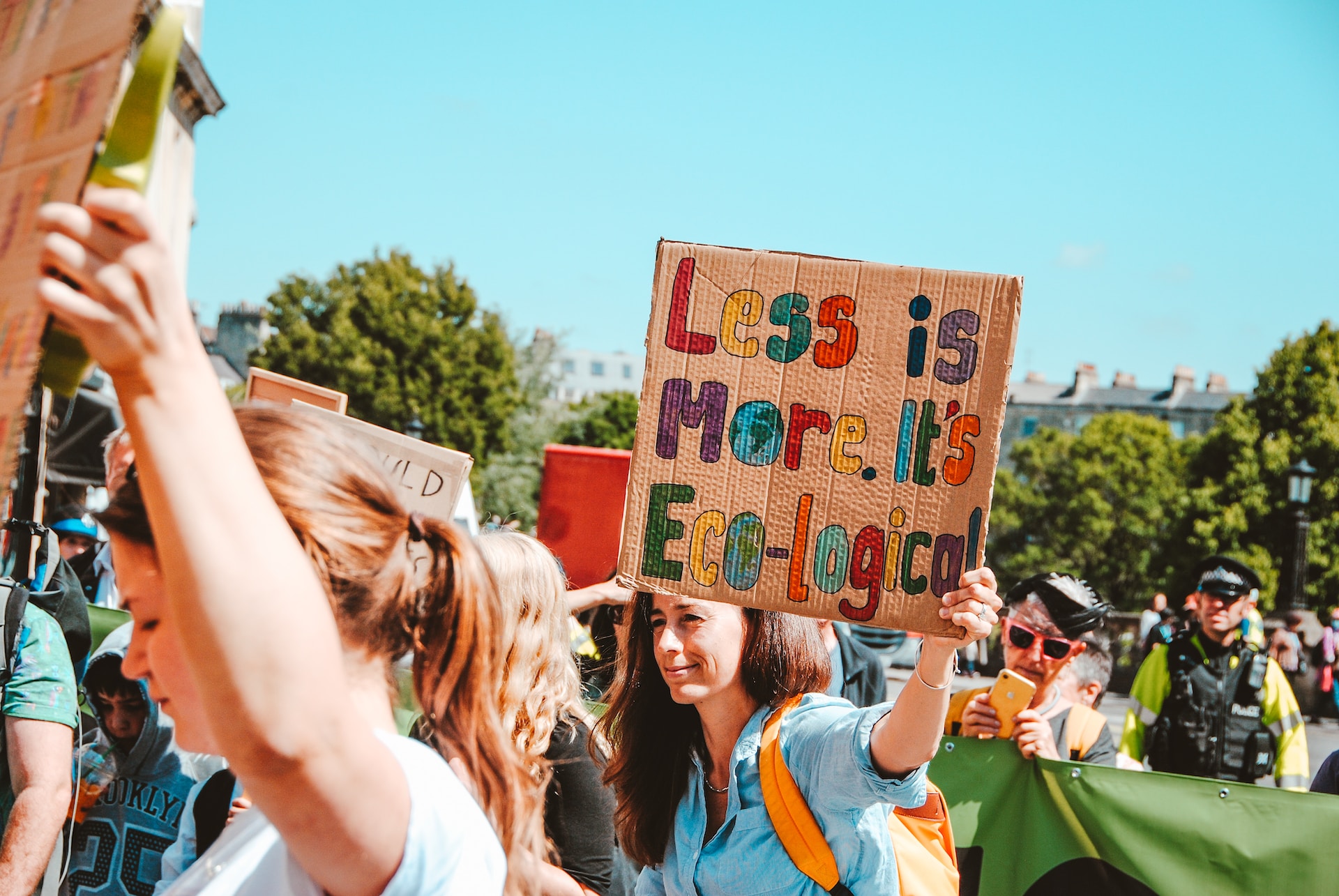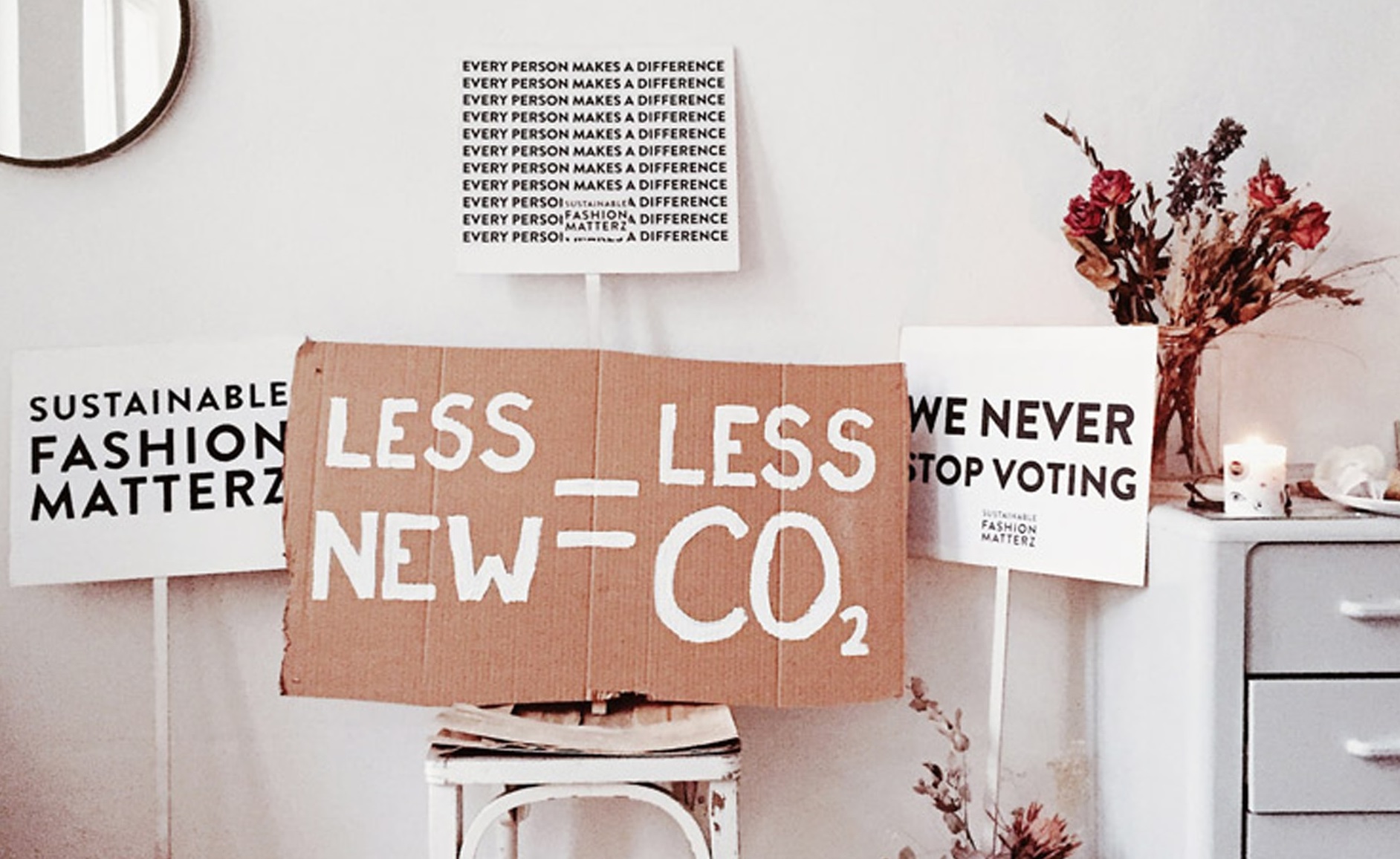10 simple steps to reduce single-use plastic at home
In our daily lives, single-use plastics have become a ubiquitous convenience - but their environmental impact is significant.
Reducing our reliance on these plastics is crucial for a healthier planet.
Here are some simple yet effective ways to cut down on single-use plastics in your everyday life…
1. Carry reusable bags
Make a habit of carrying reusable bags when you go shopping. Keep a few in your car, bag, or by the front door so you don’t forget them. If you can, choose bags made from sustainable materials like cotton, jute or recycled plastics.
2. Use reusable water bottles
Instead of buying bottled water, invest in a high-quality reusable water bottle. There are many stylish and durable options available, from stainless steel to BPA-free plastic.
Look for water refill stations when you're out and about, too - many public places now offer these facilities, and it's a great way to fill up and save money when you're on the move. We love the Refill app for finding your nearest water refill station.
3. Bring your own coffee cup
If you’re a regular coffee drinker, bring your own reusable coffee cup - keeping a collapsible cup in your bag is handy way to always be prepared for those unexpected coffee stops!
Many coffee shops also offer discounts for customers who bring their own cup, so the savings can add up too.
4. Say no to plastic straws
Use alternatives like stainless steel, glass or bamboo straws. There are also collapsible straws that come with their own carrying case.
Alternatively, simply skip the straw when ordering drinks - most beverages can be enjoyed without one, and this non-recylable form of single-use plastic is particularly harmful to nature.
5. Choose reusable food containers
Use reusable containers for your lunch and snacks instead of plastic bags or cling film. Glass, stainless steel and silicone options are widely available, are often more durable and leak-proof than plastic options, and they last for ages!
It's also a great idea to bring your own containers for takeout or leftovers when dining out. Many restaurants are happy to accommodate this eco-friendly practice, and it's a simple step to reduce your single-use waste.
6. Avoid single-use cutlery
Carrying a set of reusable cutlery in your bag, and keeping some on your desk at work, is an easy way to avoid plastic cultlery (and let's face it, much nicer to user too!). You can also buy convenient travel kits that include forks, knives, spoons and even chopsticks.
When ordering food delivery, it's also smart to request no plastic cutlery to avoid any excess waste.
7. Buy in bulk
Buying in bulk is a great way to reduce packaging, and save money at the same time.
You can take your own containers to bulk stores for dry goods like rice, pasta, nuts and spices, and many independent shops now specialise in zero-waste products, where you can fill your own containers with a variety of goods.
8. Opt for plastic-free products
Choose personal care products that come in plastic-free packaging, such as bar soap, shampoo bars and toothpaste tablets.
Look for household items like cleaning products in refillable or plastic-free packaging. Many brands now offer sustainable alternatives, where you can buy a small concentrated refill of cleaning solution which can be diluted with water in your existing spray bottle. This not only reduces plastic waste, but also saves room in your cleaning cupboard!
When it comes to gifting, we love sustainable gift cards from Ecoswap. Their gift cards are plastic-free, and redeemable at loads of popular eco-friendly retailers. Find out more here.
9. Be mindful of packaging
Choosing products with minimal or recyclable packaging and avoiding items wrapped in excessive plastic sends a clear message to manufacturers that we want products with less waste attached.
Opt for loose fruits and vegetables instead of pre-packaged ones, and use reusable produce bags (or none at all!) to bag up your produce.
Shopping at a local greengrocer, market or farm shop is a simple way to reduce plastic waste, as these shops tend to offer loose fruit and veg without the unneccesary waste - produce here is often cheaper too, and grown locally, so it's a win-win.
10. Spread the word
Share your journey towards reducing single-use plastics with friends and family, and encourage them to do the same. This can start a powerful ripple effect, making your positive impact on the environment so much bigger.
Participating in local clean-up events and community initiatives aimed at reducing plastic waste is a wonderful way to keep your local area clean and help nature to thrive.
By making these simple changes, you can significantly reduce your use of single-use plastics and contribute to a healthier environment.
Every small step counts, and together, we can make a big difference.


